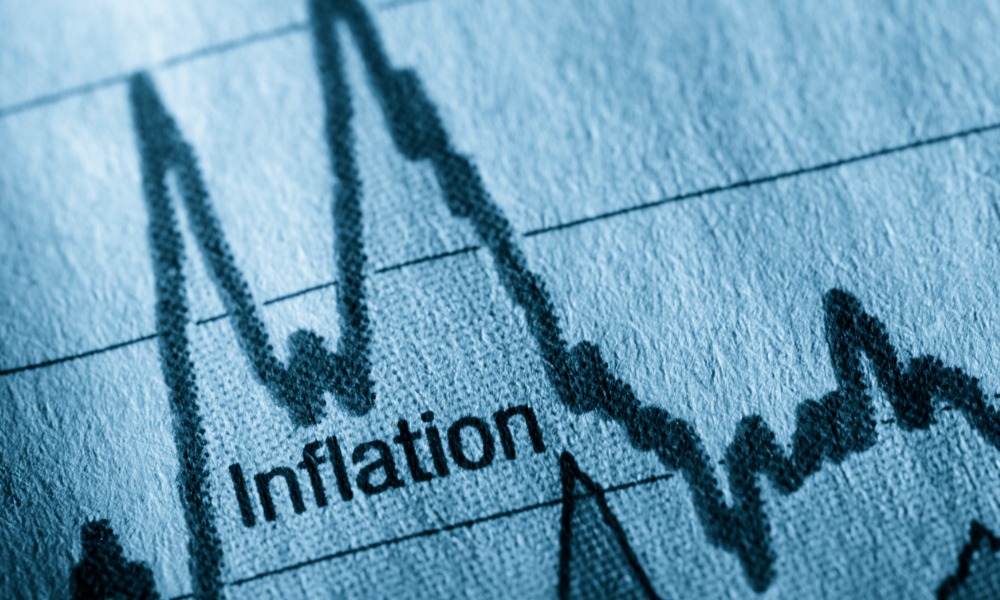As inflation concerns ease, consumers remain cautious about rising costs in education, rent, and healthcare

In July, consumers became more optimistic that inflation will decrease in the coming years, according to a report from the New York Federal Reserve.
As per CNBC, the three-year inflation outlook fell to a record low of 2.3 percent, down 0.6 percentage points from June. This is the lowest level recorded since the survey began in June 2013.
The monthly Survey of Consumer Expectations revealed that while inflation is expected to remain elevated over the next year, consumers anticipate a significant decline in the following years.
This report comes as investors closely monitor inflation trends and speculate on the possibility of the Federal Reserve reducing interest rates as early as next month.
Economists consider consumer expectations crucial for understanding inflation trends, as these beliefs can influence spending and pricing decisions among both consumers and businesses. If people expect prices and labour costs to continue rising, they might adjust their behaviours accordingly.
On Wednesday, the US Labour Department will release its consumer price index (CPI) for July. The index is expected to show a 0.2 percent increase for the month and an annual inflation rate of 3 percent, according to estimates from Dow Jones.
Although this figure is still above the Federal Reserve's 2 percent target, it is significantly lower than it was two years ago.
Markets have already factored in the likelihood of at least a quarter percentage point rate cut in September, with a strong possibility that the Federal Reserve could reduce rates by a full percentage point by the end of the year.
Despite the improvement in the three-year inflation outlook, expectations for inflation over the one- and five-year periods remained steady at 3 percent and 2.8 percent, respectively.
The survey also provided some positive news regarding inflation. Consumers expect gas prices to increase by 3.5 percent over the next year, which is 0.8 percentage points lower than their expectations in June.
Similarly, they anticipate food prices to rise by 4.7 percent, a slight decrease of 0.1 percentage points from the previous month.
Additionally, household spending is projected to grow by 4.9 percent, down 0.2 percentage points from June and marking the lowest reading since April 2021, around the time the current inflation surge began.
However, the survey indicated rising expectations for costs in areas such as medical care, college education, and rent. Consumers expect college costs to increase by 7.2 percent, up 1.9 percentage points from June, while rent is projected to rise by 7.1 percent, an increase of 0.6 percentage points.
These increases pose ongoing challenges for the Federal Reserve, particularly as officials seek a reduction in housing costs.
In terms of employment, the survey showed a brighter outlook despite the rising unemployment rate. The perceived probability of losing one’s job within the next year decreased to 14.3 percent, a drop of half a percentage point.
Meanwhile, the expectation of voluntarily leaving one’s job, an indicator of worker confidence in the labour market, increased to 20.7 percent, the highest level since February 2023.



